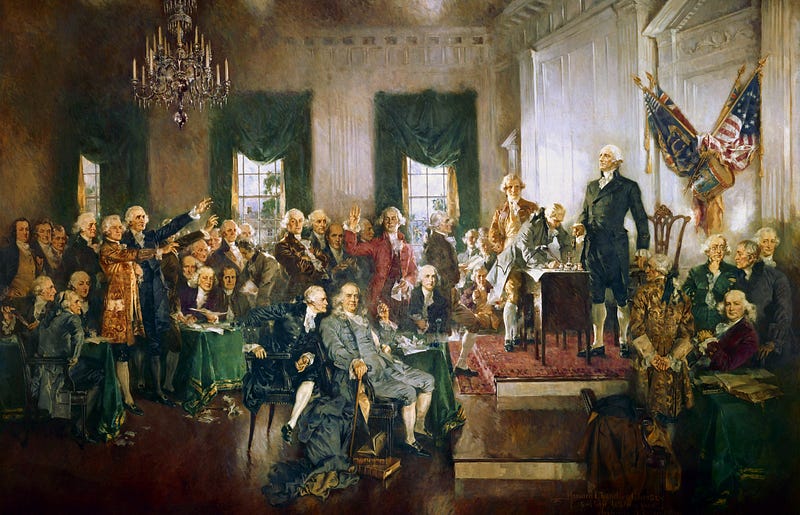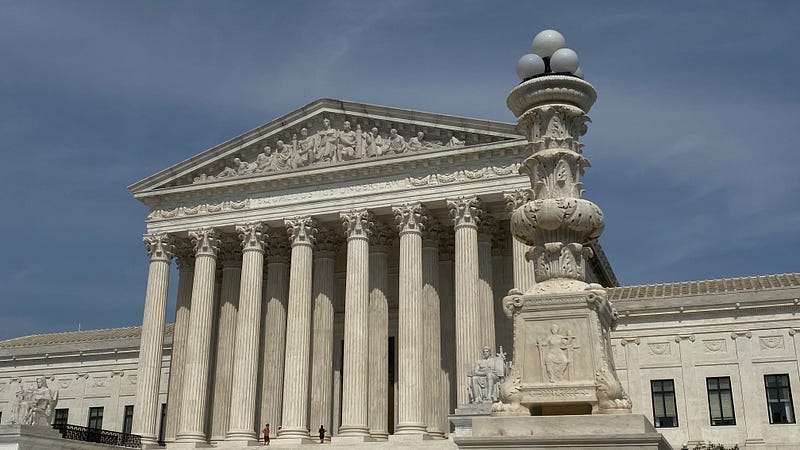A Discussion of Oliver DeMille’s 1913 Chapter 7 “Wanted: A Small Group of Committed Citizens”
Oliver DeMille began laying out his case for what it will take to undo the 1913 turning points away from freedom the last chapter.
And as I went through his suggestions, I said I was worried because it seemed unlikely we would be able to get everyone in compliance with his suggestions.
In this chapter, he says we do not need to because “fixing them doesn’t require every American citizen — just a small but committed few.” (p. 89)
So if you are reading this, you are a likely candidate!
He cites many examples of significant turning points in history that occurred because of a few people. He notes only a few people followed Gandhi in his drive for a better world; only a few participated in the Revolutionary War against the British; and only a few fought for civil rights for all in the 1960s. (p. 90)
It only took a few to make these large improvements, so essentially he is saying we could do it again.
He also notes that it only took a few to cause the 1913 and 1936 turning points from the freedom that we now need to undo.
What Will You Do With Your Dash?
He then turns to a pep talk to call his readers out to be part of this few we need.
He refers to a poem by Linda Ellis called, “The Dash.”
As the poem says, most tombstones list the name of the deceased along with a birth date and a year of death. Everything between these two dates is summed up with a dash. What a way to describe your life! (p. 91)
So his question to his readers is, what are you going to do with your dash?
Where most people are willing to be satisfied with a basic level of happiness and success, the few will accept nothing but greatness. We need more who are willing to be the few. (p. 91)
By the few, he means just 3% to 5% of the people can be the cause of a turning point.
His next three chapters will go into detail what we need these few to do to create a positive turning point that will reverse the trend set in place back in 1913.
As we have seen, such Turning Points bring drastic changes to society, and yet they are usually led by a few committed people rather than a mass of society. Indeed, the masses are nearly always focused on other things while the key events take place that change history. (p. 93)
Are you ready to be one of the few? What will it take?
He does not answer that in this chapter, but I have taken a peak ahead at the next three chapters so I can let you know what DeMille thinks are the three things you would need to pursue to qualify as one of the few.
- Entrepreneurship
- Voracious Readers and Independent Thinkers
- Tribal Leaders
The following three chapters will explain in more detail how each of these play a role, but here are my thoughts so far.
For the first one, do you have to be an entrepreneur or just support them? Is having a side hustle enough? Or trying to create more self-sufficiency in your lifestyle?
For the second one, this plays well with the previous chapter that did discuss that the founders created a system based on us having a wise citizenry who are civically active. To be part of a new turning point, we do need the few who can see beyond what we have today toward a better way.
For the third one, I am not sure about this one. Leadership skills, in general, maybe what he is getting at. Being able to organize and inspire others to follow perhaps is it, or maybe being able to push new policies through.
For more on this, we will have to see what he has to say about these three solutions in the coming chapters.
Reference: DeMille, Oliver, 2012. “Wanted: A Small Group of Committed Citizens” Chapter 7 of 1913, Obstacles Press, Inc., Flint, Michigan.




